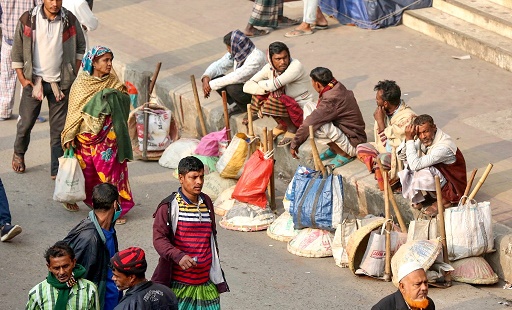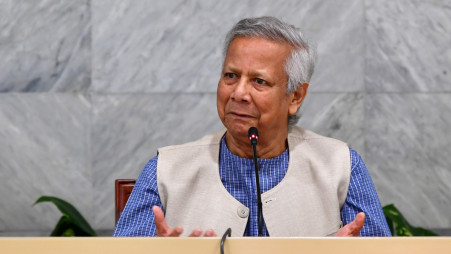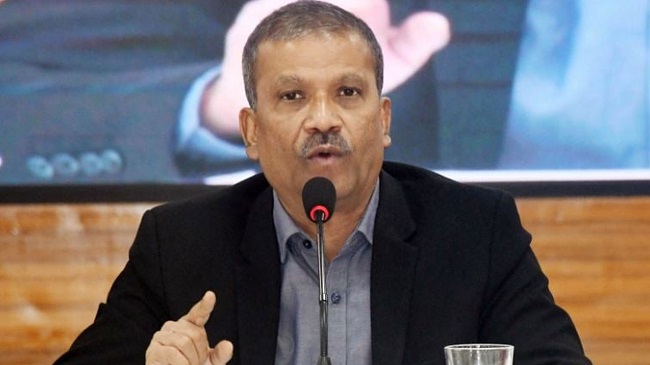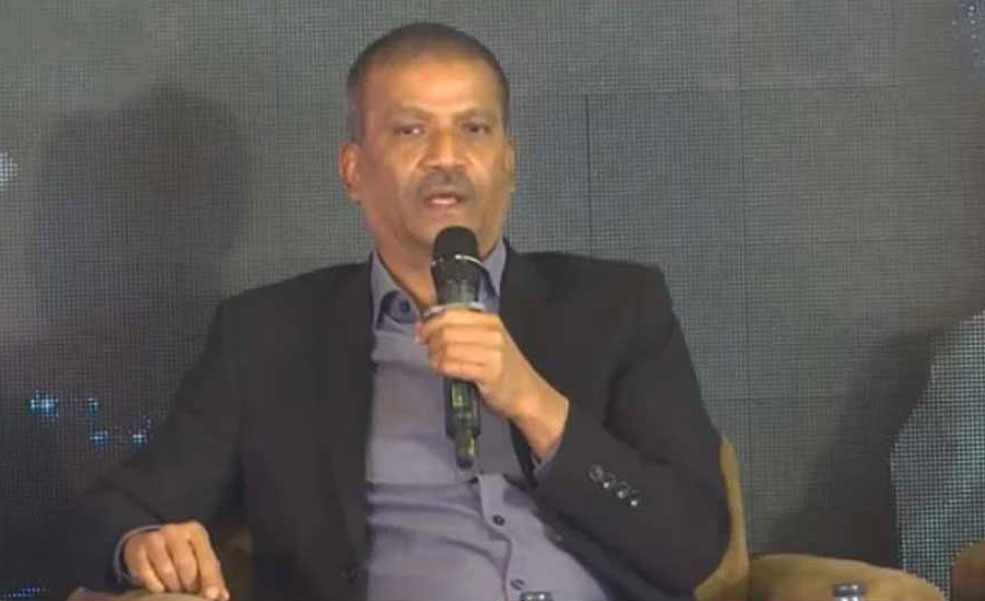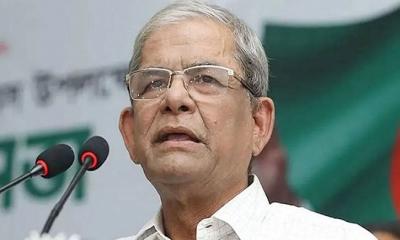Budget FY2021-22
The government must take proper initiatives to create sustainable employment for those without work in the forthcoming national budget of FY2021-22, experts have said.
This requires increasing decentralized government projects and focusing on the desired development of the private sector, and small and medium enterprises, they have also pointed out.
The experts mentioned that a large number of people had lost their jobs and had become unemployed, while people capable of work were unable to access new jobs amid the Covid-19 pandemic.
The upcoming national budget was the second budget during the pandemic and so policymakers should prepare it in light of the lessons learned from last year and set a formidable plan in place to create employment, the experts opined.
According to a recent survey conducted by the Centre for Policy Dialogue (CPD) and Oxfam Bangladesh, 61.57% people had lost jobs in March and April last year due to the adverse economic impact of Covid-19.
Moreover, the Bangladesh Institute of Development Studies (BIDS), a government research organization, found that 16.4 million people had fallen below the poverty line as the incomes of the working class in urban and rural areas dropped sharply due to the prolonged lockdown.
Creating safe jobs for the large number of unemployed people would be one of the big challenges for the government in the forthcoming budget for FY21-22. The government should emphasise creating employment both in the public and private sectors, said the economists.
Talking to Dhaka Tribune, Prof Mustafizur Rahman, distinguished fellow of CPD, said that creating opportunities for new employment and preserving existing jobs were important to the budget because it would play a vital role in recovering from the economic downturn caused by Covid-19.
In this case, policymakers would need to focus on increasing employment in the public sector and encourage investment in the private sector, he stressed.
Mustafizur Rahman said that a decentralization of projects in the public sector would create new jobs. Taking up small projects in line with local needs could create jobs for many local people.
He also noted that the private sector created the most employment in Bangladesh. The government had to take the initiative to strengthen this sector and to increase the contribution of the sector to GDP.
The private sector needed to be given various incentives and fiscal assistance in the next budget so that it could turn around and create more employment in the sector, he added.
Employment opportunities must increase
There is no alternative to employment creation to revive the economy of the country.
Experts said that the desired opportunities of employment were not being created and investment in the private sector had declined, which had also reduced employment opportunities.
Mustafizur Rahman said in this regard that the target for private sector down loan for the current fiscal year is 15% but growth had been only 9% so far. The import of capital machinery had decreased and the growth of FDI also declined due to the turbulent world economy.
The decline in import of capital machinery for expanding or setting up factories meant that investment was running low, which also hampered the creation of new jobs, he added.
SMEs and rural economy show hopes
According to the International Finance Corporation (IFC), contributing 25% to the country’s GDP, the small and medium enterprise (SME) sector employs 20.3 million Bangladeshis,-around 20% of the country’s adult population in its 7.8 million units.
Since the outbreak of the pandemic, the government has announced low interest incentive packages for all industries, SMEs and the agricultural sector from April 2020.
The size of incentives was Tk1.10 lakh crore, which included Tk22,000 crore for export-oriented industries, Tk20,000 crore for SMEs, Tk5,000 crore for agriculture and the rest for other sectors.
Experts said that entrepreneurs had complained that they did not get the desired loan from the incentive.
Mustafizur Rahman said that they had suggested using micro-credit institutions and mobile banking services as well as banks in the disbursement of loans.
“There should be a separate allocation again for these sectors if the sector needs it in the next budget. If the SME sector can turn around, it will further create a large number of jobs.”
Prof Selim Raihan, executive director of SANEM, said that SMEs had been most negatively impacted by the pandemic.
Despite the severity of the impact, government stimulus packages for SMEs had been inadequate though SMEs played a vital role in the supply chain and also created employment opportunities, he added.
According to the experts, many people had left the city and returned to their villages after the outbreak of the pandemic. They called for a revival of the rural economy, keeping in mind issues related to this huge population.


